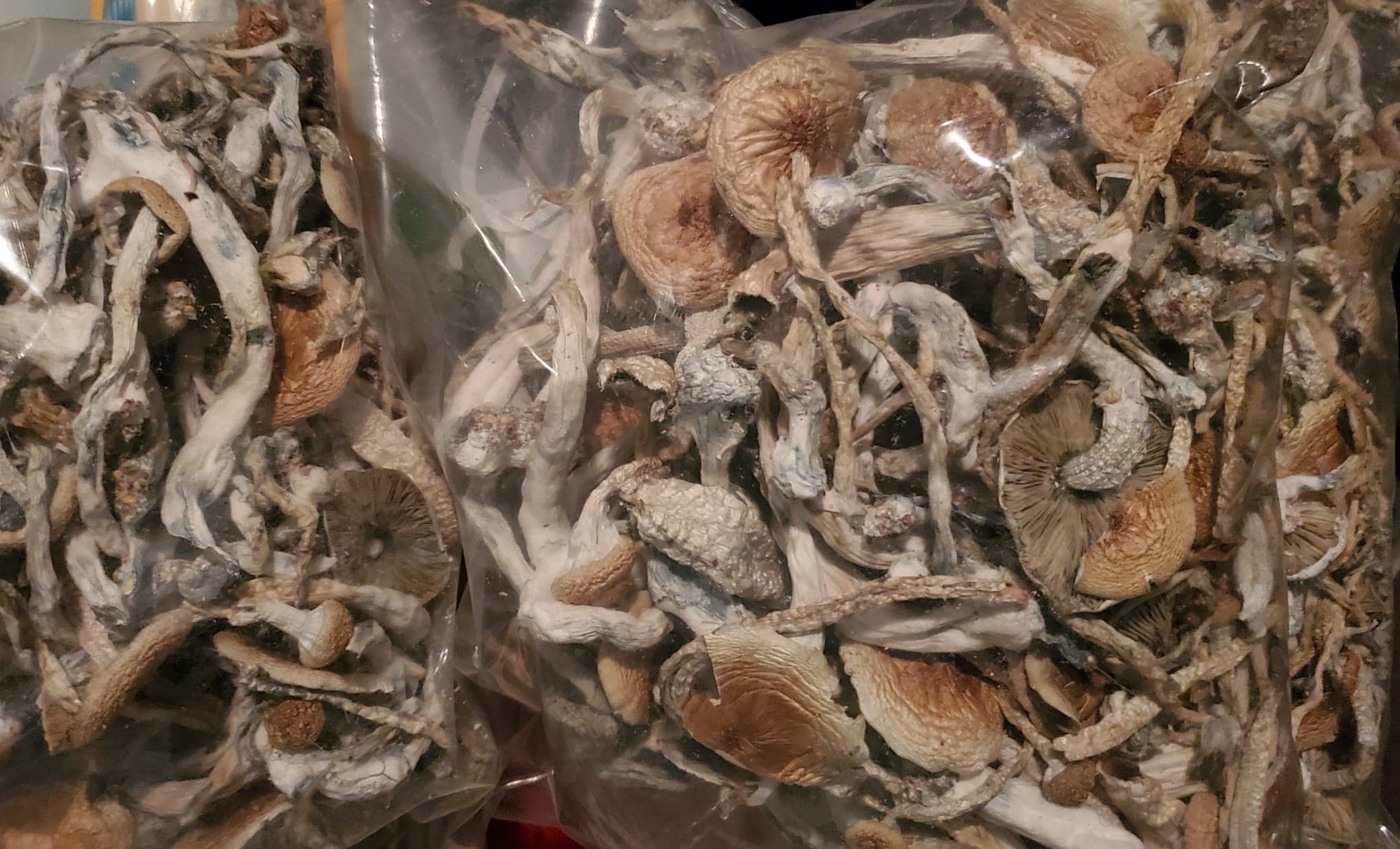People who consume psychedelics in small, non-psychoactive doses tend to report lower levels of anxiety and depression than those who don’t.
That’s according to a recent study published in the journal Scientific Reports, authored by University of British Columbia researchers including Paul Stamets, one of the most influential mycologists in North America.
The study also identified “stacking,” a microdosing practice where users mix psychedelic and non-psychedelic substances like vitamins.
Meanwhile, some in the research community are calling out Stamets for a conflict of interest, as he has an outstanding patent application for mixing psilocybin with certain health supplements.
Fellow Myconauts
We are greatly honored to notify you of our new paper published in Nature's Scientific Reportshttps://t.co/NpqVAfRJfC— Paul Stamets (@PaulStamets) November 18, 2021
According to the study, most people who microdose use LSD or psilocybin mushrooms — 85 per cent of microdosers consume the latter.
Microdosing involves taking a small dose of a psychedelic two to three times a week without the profound sensory and cognitive effects of a psychedelic trip.
For the study, over 8,000 people responded anonymously to 123 questions in different assessments about their mental health and lifestyle habits using the Quantified Citizen (QC) application.
The most commonly reported microdosing practices involved 5–20 micrograms of LSD and 0.1–0.3 grams of dried psilocybin mushrooms.
Among the respondents, 4,050 microdosers and 4,653 non-microdosers were identified. Most of the respondents were Americans (62 per cent) followed by Canadians (13 per cent), Australians (4 per cent), British (4 per cent) and people from other European countries.

Photo via ‘Adults who microdose psychedelics report health-related motivations and lower levels of anxiety and depression compared to non-microdosers’
Researchers found that the most common reason for microdosing was enhancing mindfulness, followed by improving mood, creativity or learning.
People who had mental health or substance use concerns more often reported microdosing to reduce anxiety, decrease substance use and improve mood. Those who didn’t report concerns about their mental health were more likely to use them to enhance learning.
Women were more likely to microdose to improve their mood and decrease anxiety, whereas men more often used them to enhance learning, increase sociability and decrease substance use.
Read more: Psilocybin treats depression as well as common antidepressant: study
Read more: Psilocybin restores brain areas damaged by depression, study shows
The microdose group was restricted to individuals reporting a current microdose practice at the time of the study. The non-microdose group included those who had never microdosed, and those with a history of microdosing but who weren’t microdosing during the study.
The researchers also found taking non-psychoactive compounds alongside microdosing was common.
“Finally, our novel investigations into ‘stacking’ practices revealed that more than half of the microdose sample combines their microdose substance with another substance such as Lion’s Mane mushrooms or chocolate,” reads the study.
Microdosers said they consumed less alcohol and tobacco.
Is Stamets ‘stacking’ studies with profit incentives?
As the use of psychedelics to treat mental health receives increasing mainstream attention, some researchers are raising questions about personal interests in psychedelic research and money-making opportunities.
Stamets’s life and work with mushrooms is highlighted in Netflix’s Fantastic Fungi documentary. He is currently an applicant on a pending patent that combines psilocybin mushrooms, Lions Mane mushrooms and niacin (vitamin B3).
Due to his involvement in the patent application, some researchers are criticizing the study on social media, calling it propaganda given the benefits he presents for “stacking” psychedelics.
Read more: Health Canada says patients should access medical psilocybin via clinical trials
Read more: Advocates threaten legal action against Health Canada for delaying patient access to psilocybin
But Stamet’s team says accounting for these interactions is important.
“Attempts to provide a comprehensive evaluation of the effects of microdosing need not only account for differences in substance, dose, frequency but should also consider the potential synergies implied by the widespread adoption of the practice of supplementing — or stacking — psychedelics with ingredients such as niacin and Lion’s Mane mushrooms,” reads the study.
https://t.co/dicuW4IO7Y New psychedelic microdosing paper with 0zero0 occurrences of the words "placebo" and "expectancy" 🤷 while highlighting the practice of "stacking" for which at least one author has pending patents 🧐
— Eduardo Schenberg, PhD (@ee_schenberg) November 18, 2021
The authors argue they have the most detailed account to date of the practice of “stacking,” but more fine-grained details are needed.
“For example, animal models suggest that the impact of Lion’s Mane on brain functioning appears to be dependent on whether mycelium or fruitbody are consumed, such that mycelium promotes brain functioning whereas the fruitbody may have the reverse effect, however, our data did not permit this potential important distinction,” the study reads.
They also note important limitations such as a potential response bias related to participant self-selection, and recruitment through venues with a positive association to psychedelic use, which may have resulted in participants favouring microdosing.
Follow Natalia Buendia Calvillo on Twitter
natalia@mugglehead.com














